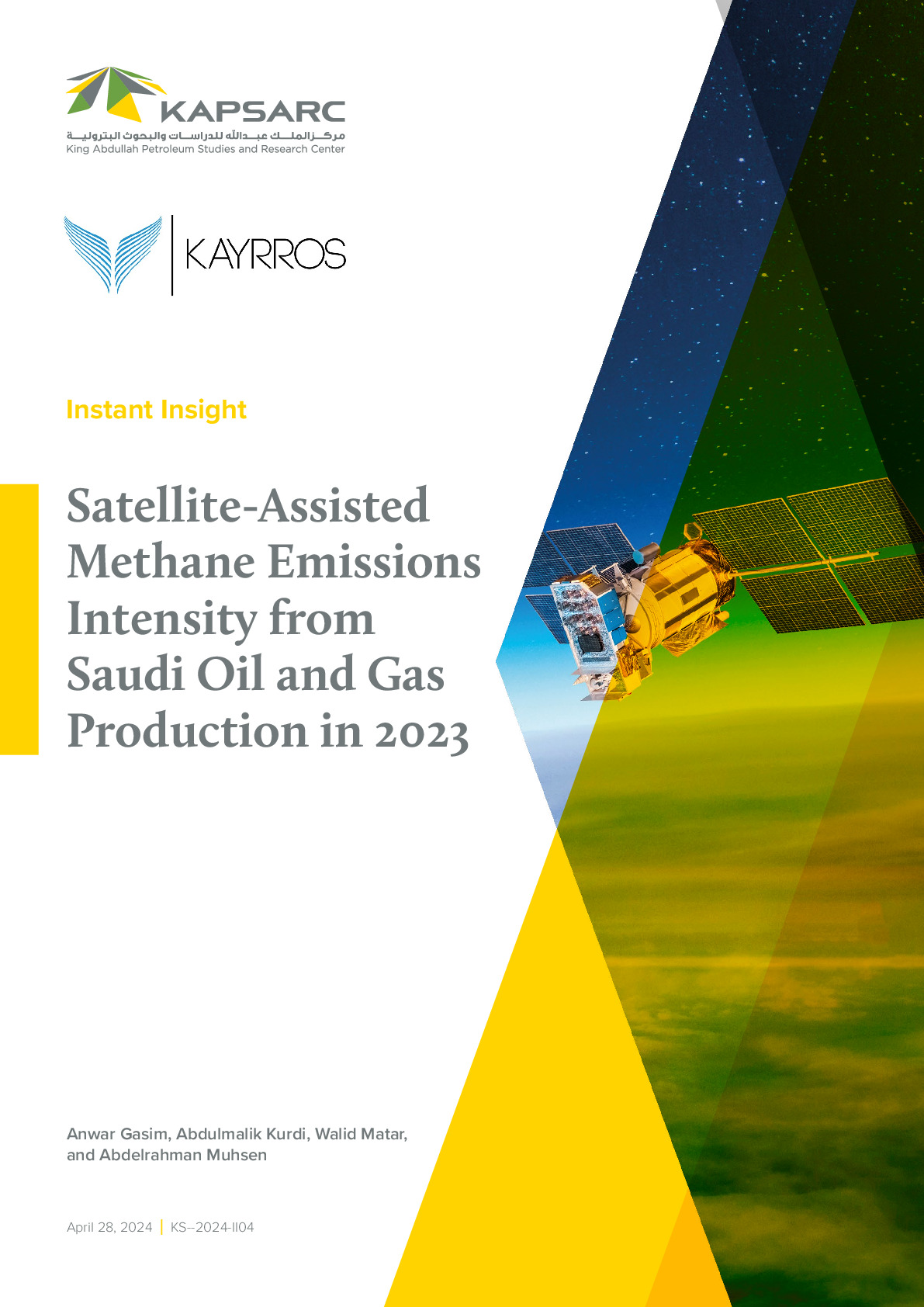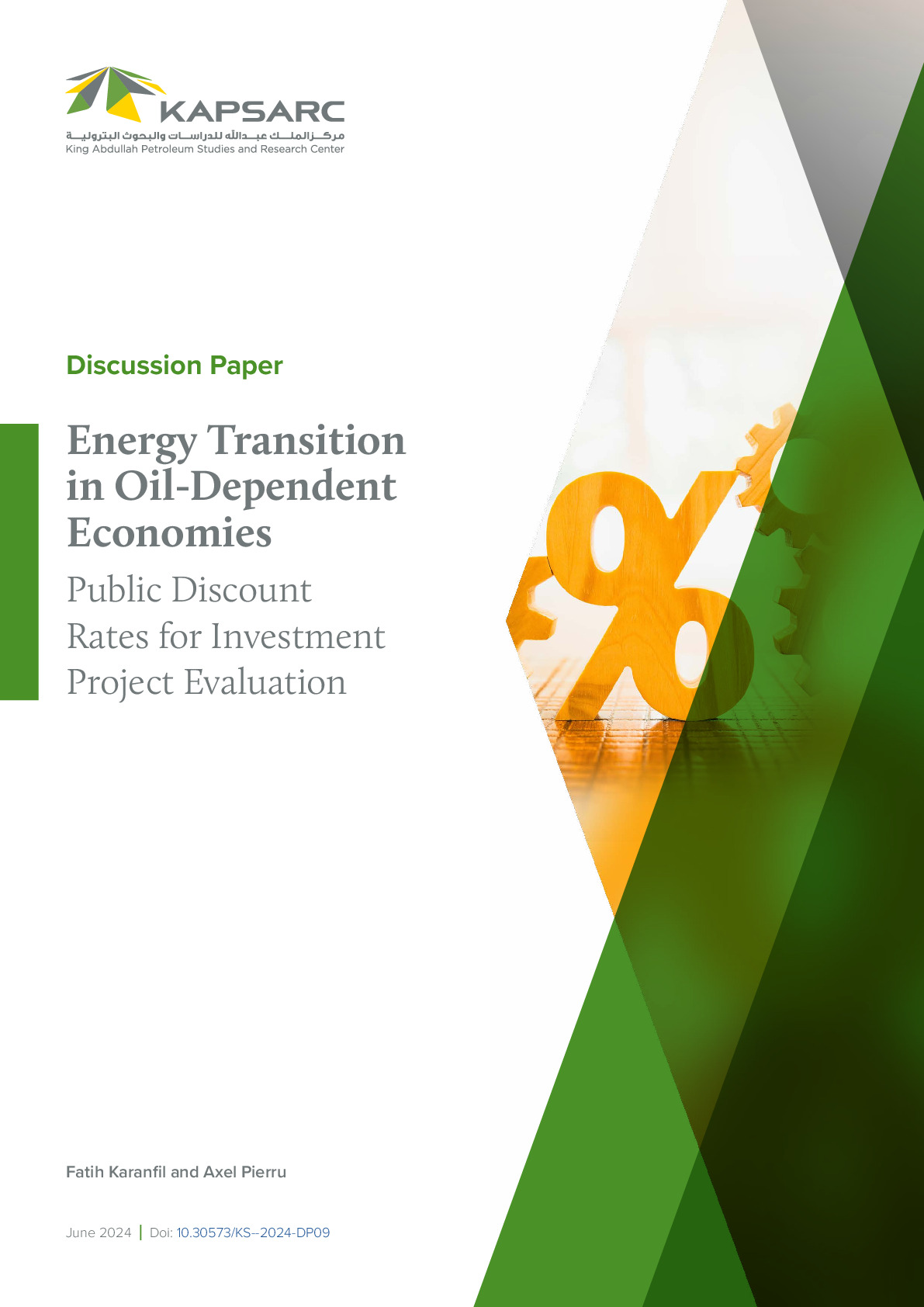In Saudi Arabia, industrial fuel prices are administered below international prices and firms make decisions based on low energy prices, increasing domestic energy demand. This analysis explores alternative policies designed to induce a transition to a more efficient energy system by immediately deregulating industrial fuel prices, gradually deregulating fuel prices, and introducing investment credits or feed-in tariffs. It uses a dynamic multi-sector, mixed-complementarity model. Continuing existing policies results in a power system still fueled completely by hydrocarbons. The alternative policies result in a transition to a more efficient energy system where nuclear and renewable technologies become cost-effective and produce 70% of the electricity in 2032. Introducing the alternative policies can reduce the consumption of oil and natural gas by up to 2 million barrels of oil equivalent per day in 2032, with cumulative savings between 6.3 and 9.6 billion barrels of oil equivalent. The energy system sees a net economic gain up to half a trillion 2014 USD from increased oil exports, even with investments in nuclear and renewables. The results are robust to alternative assumptions regarding the value of oil saved and the growth in end-use energy demand. © 2017 The Authors

Research Fellow
Walid works on modeling energy systems. He is developing or has developed the following components of the KAPSARC Energy Model…
Walid works on modeling energy systems. He is developing or has developed the following components of the KAPSARC Energy Model (KEM): electric power generation, oil refining, petrochemicals and fertilizers, cement production, and iron and steel. He is also working on a bottom-up residential electricity use framework that merges microeconomics with the physical laws governing electricity use.
Expertise
- Energy Systems Modeling
- Optimization
- Electricity Prices
- Energy Efficiency and the Interdisciplinary Connection Between Energy Economics and Engineering
Publications See all Walid Matar’s publications
Energy Policy Pathways to Inform Climate Policy in Saudi Arabia
In Saudi Arabia, industrial fuel prices are administered below international prices and firms make decisions…
1st May 2024
Satellite-Assisted Methane Emissions Intensity from Saudi Oil and Gas Production in 2023
In Saudi Arabia, industrial fuel prices are administered below international prices and firms make decisions…
28th April 2024





